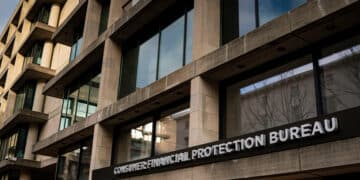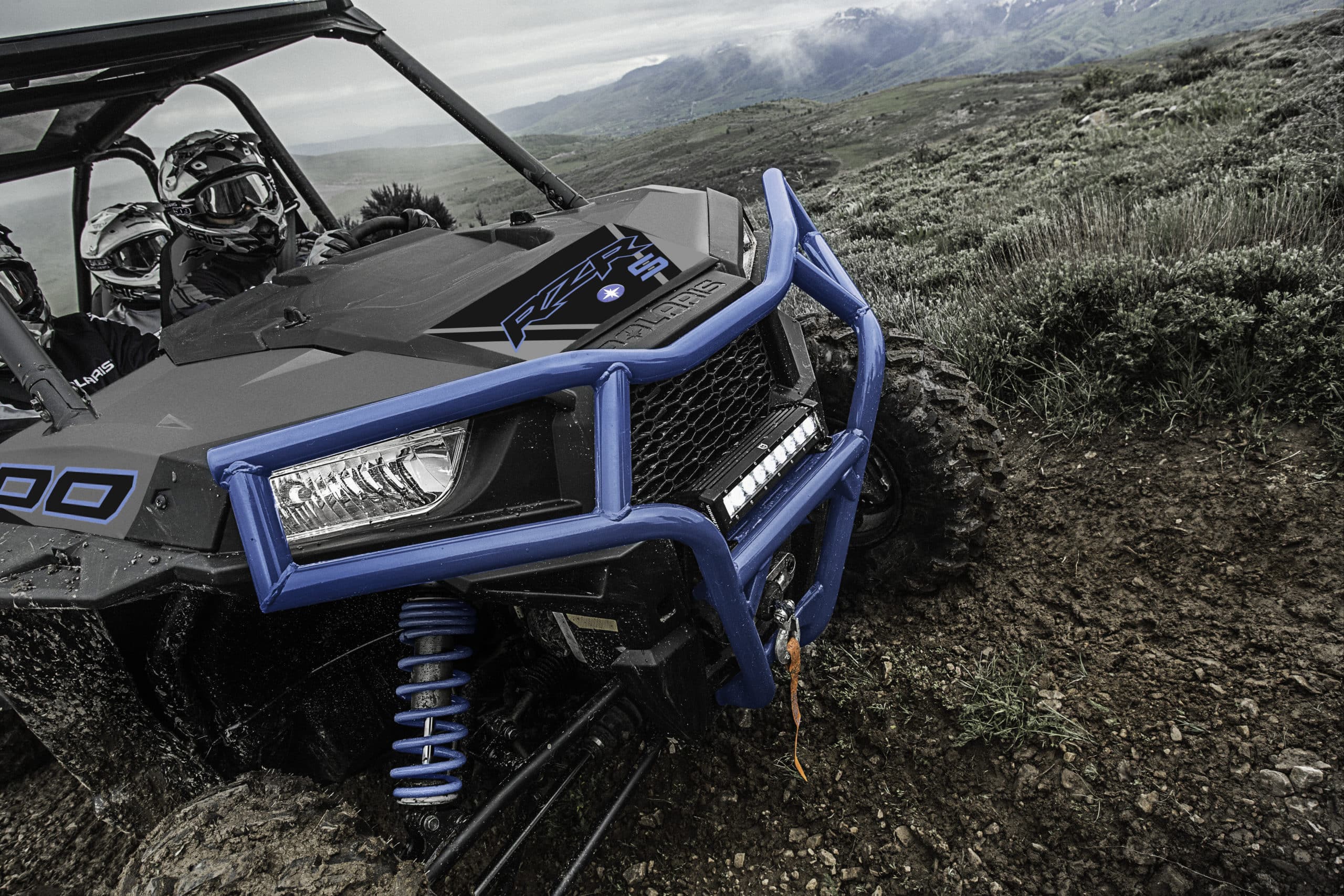An issue that continues to captivate the electric vehicle manufacturing and financing industry is state law that prevents vehicle manufacturers from directly selling vehicles to buyers.
In many states, a vehicle must be sold by a licensed dealership, but state law also prohibits a manufacturer from obtaining a dealer license or owning, operating or controlling a dealership. This means that a manufacturer cannot sell its cars directly to buyers, despite a desire to do so.
Over time and as a result of focused lobbying efforts, some states have amended their laws to eliminate roadblocks for EV manufacturers to directly sell their cars to buyers. For example, Colorado amended its dealer law with laser precision in 2020 to allow a manufacturer to own and operate a dealership if the manufacturer only manufactures EVs and has no franchised dealers of the same line-make in Colorado.
A few other states have amended their laws to allow manufacturers — often limited to EV manufacturers — to establish dealerships and directly sell their vehicles to buyers. Despite the incremental legislative amendments and the ongoing efforts to introduce legislation to further remove barriers to direct sales, many states continue to prohibit manufacturers from directly selling their vehicles to buyers.
A new development in the EV industry is the use of dealer licenses issued by tribal authorities and other strategic partnerships between certain EV manufacturers and Native American nations. This strategy has been used in some geographic markets that have historically been challenging for direct sales and EV servicing, such as New Mexico and New York. The partnership between certain Native American nations and EV manufacturers implicates a variety of legal issues, including the recognition of tribal authority to issue dealer licenses and assessment of sales tax and potential allocation among the tribal and state tax authorities.
Native American nations in New Mexico, for example, have amended their local codes to create dealer licenses and authorize EV manufacturers to apply for a license. Santa Ana Pueblo, for one, amended its Motor Vehicle Dealer Code in 2022 to establish a new dealer licensing framework. The law generally prohibits a person from establishing a business on Pueblo land to sell or service a vehicle other than an electric vehicle that is manufactured by an electric motor vehicle manufacturer.
The Pueblo defines an electric motor vehicle manufacturer as a company that solely manufactures EVs and does not manufacture vehicles that are wholly or partially powered by internal combustion engines. This means that a manufacturer with a diverse range of vehicles, including EVs, cannot obtain the authority to sell their vehicles directly to buyers on tribal land, but EV-only manufacturers may do so.
An EV manufacturer would need a business license issued by the Pueblo and would then comply with certain trade practice laws that readers familiar with dealer regulation will be aware of, including prohibitions on tying certain ancillary products to the vehicle sale.

In addition to the dealer sale authority, the sale of goods or services on tribal land presents novel tax issues. The Oneida Indian Nation in New York recently announced a partnership with Tesla to develop the first EV showroom and service center in upstate New York. According to reports from the Oneida Indian Nation, it entered into a memorandum of understanding with the state of New York that addresses the treatment of sales tax and authority for Tesla to remit the state portion of tax directly to the Nation while remitting county tax to the county where the buyer lives.
Other states have nuanced sales tax laws that require sensitivity to potential cooperative agreements or other memoranda of understanding between the tax authorities of tribal nations and states. The New Mexico Taxation and Revenue Department, for example, has entered into numerous Tribal Cooperative Agreements that need to be reviewed when analyzing the manufacturer’s tax liability and potential treatment to buyers.
While states continue to address EV sale issues in an inconsistent manner and with mixed results, the willingness of certain Native American nations to support direct sales through regulated transactions on their land presents a novel business opportunity with nuanced legal issues.
Kelly Lipinski is a member (partner) in McGlinchey’s Consumer Financial Services regulatory and compliance group. She also serves as managing member of the firm’s Cleveland office.
Auto Finance Summit, the premier industry event for auto lending and leasing, returns Oct. 29-31 at the Bellagio Las Vegas. Learn more about the event and register here.





